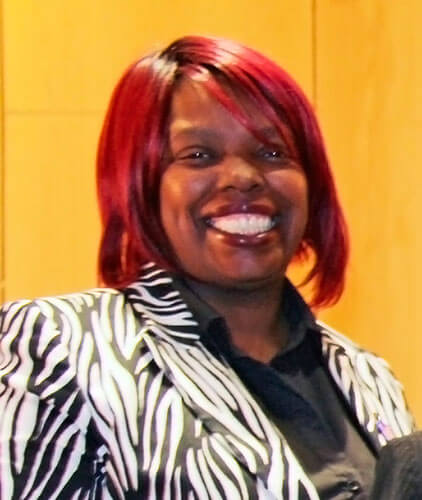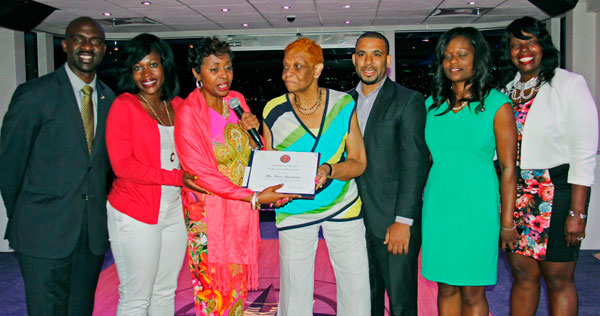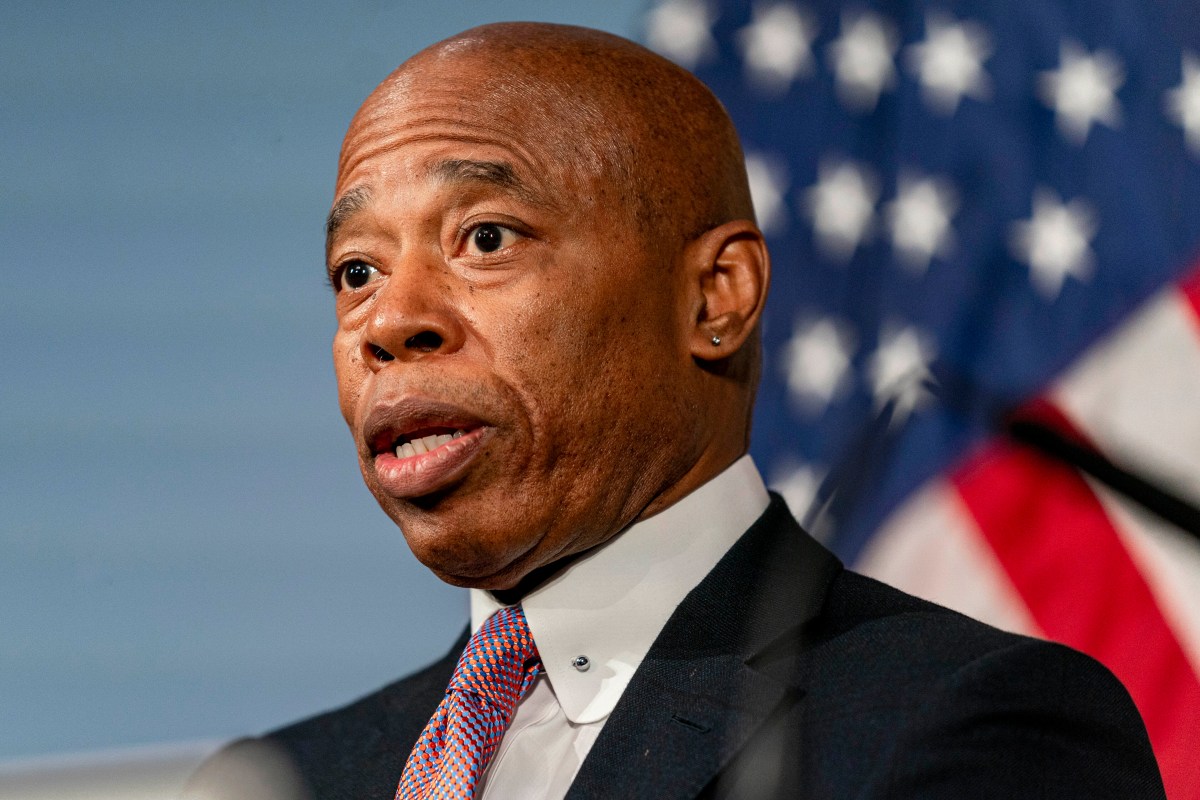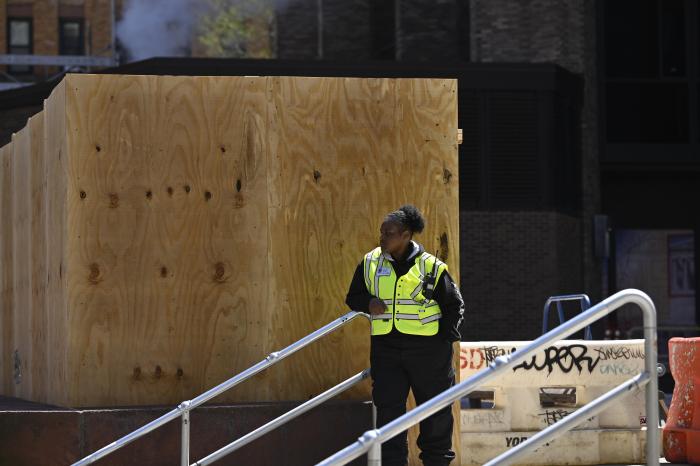A series of bills co-sponsored by newly-elected State Assemblywoman Latrice Walker that would help prevent human trafficking, strengthen protections for victims and increase penalties on traffickers have become law.
“Human trafficking is a despicable crime in which victims are exploited by vile predators,” said Walker, who represents the 55th Assembly District in Brownsville, Brooklyn.
“Innocent people — mostly women and helpless children — are taken advantage of, exploited and forced into heartbreaking situations,” she added. “The Assembly’s legislation will provide better support to victims on the path to recovery, help to end the cycle of victimization and strengthen penalties on human traffickers to make sure they are held accountable.”
A key bill included in the anti-human trafficking legislative package would require the state Office of Temporary and Disability Assistance to make safe, accessible housing available to victims (A.2953).
“This is merely the first step in combating human trafficking,” Walker said.
As part of the efforts to uncover trafficking locations and target trafficking networks, she said the state attorney general will be directed to establish and maintain a 24-hour, toll-free hotline (A.2636).
Information obtained through the hotline would be referred to the appropriate district attorney for investigation and potential prosecution.
Another piece of the legislative package — The Trafficking Victims Protection and Justice Act (A.506) — would strengthen New York’s existing human trafficking laws.
It would increase penalties for sex and labor human trafficking; escalate penalties for promoting prostitution and patronizing minors for prostitution; and require anti-human trafficking training for law enforcement.
The law would create a civil right of action to enable victims of human trafficking to sue their perpetrators for damages; and establish an affirmative defense in prostitution prosecutions if the defendant was a sex-trafficking victim.
Moreover, the Interagency Task Force on Human Trafficking would be strengthened and extended until 2019 (A.551), Walker said.
She said the task force is responsible for collecting and analyzing data on human trafficking, identifying social-service programs for victims, developing recommendations for prevention, protecting and assisting victims, establishing protocols for law enforcement and related organizations and increasing public awareness.
Walker said additional measures meant to combat human trafficking include training for employees of casinos to recognize signs of human trafficking (A.3419); and waiving the DNA databank fee for persons convicted of an offense and found to be a victim of human trafficking (A.2469).
The Assembly’s legislative package builds on a 2007 landmark law that created new crimes and increased penalties for labor and sex trafficking.
“The Assembly Majority has a long history of standing up for women, and we continue that battle today,” Walker said. “We will advance a multifaceted, comprehensive agenda this legislative session to battle inequality and injustice wherever it resides in society.
“Our Families First agenda puts women and families first,” she added. “The Assembly Majority will continue to lead on the issue of women’s equality.”
Walker said human trafficking continues to be a serious problem in New York State.
She said victims are often runaway and homeless youth, youth in the juvenile justice system, children with histories of being abused, children with disabilities and refugees and immigrants.
According to the New York State Office of Children and Family Services, 80 percent of identified victims are female, and over 50 percent are children.
Between 100,000 and 300,000 U.S. children are currently caught up in sex trafficking, “an alarming statistic,” Walker said.

























